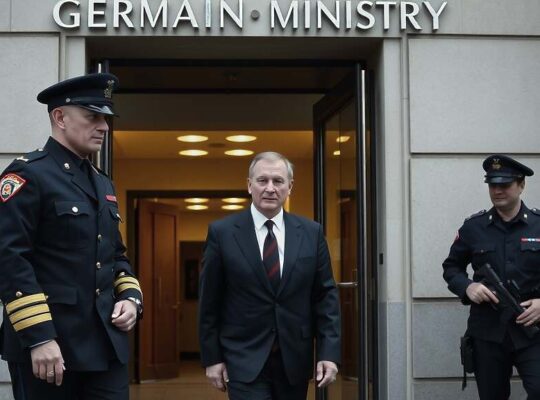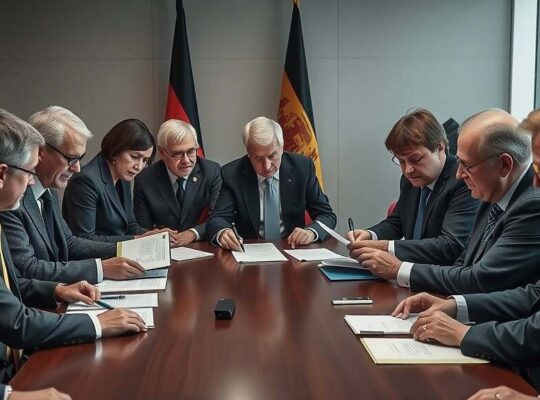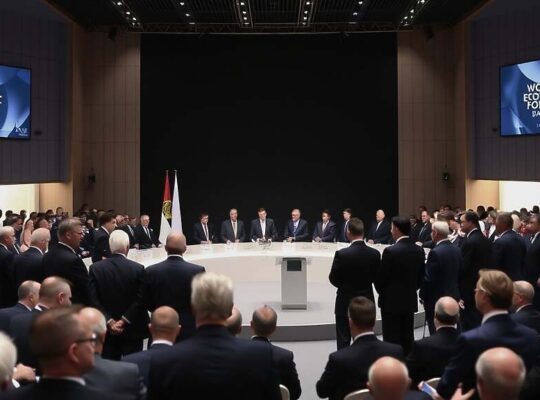Negotiations between the Social Democratic Party (SPD) and the governing coalition’s Christian Union (CDU) have culminated in a significant alteration to Germany’s planned new military service model, sparking fierce debate over fairness and the future of the Bundeswehr. The revised plan stipulates that if voluntary enlistment falls short of required numbers, a lottery system will be implemented to select young men for conscription. Those deemed suitable will then be obligated to serve a six-month period.
Thomas Röwekamp, Chairman of the Bundestag’s Defense Committee and a CDU politician, defended the lottery approach, framing it as a necessary measure to ensure “military fairness”. He argued that the system avoids arbitrary selection and adheres to a principle of equitable distribution, particularly as the Bundeswehr struggles to meet NATO commitments. Röwekamp emphasized that prioritizing voluntary recruitment remains the primary objective, but the ultimate goal is to secure the personnel needed to fulfill international security obligations. “We have to find a procedure to select the right people from a larger pool and a system of chance is the most equitable way to do it” he stated.
However, the plan has drawn sharp criticism, particularly from within the Free Democratic Party (FDP). Marie-Agnes Strack-Zimmermann, a Member of the European Parliament and defense policy expert, condemned the government’s proposal as “irresponsible” and lacking any connection to genuine military fairness. She asserted that national defense cannot be subjected to chance and accused the government of exhibiting a profound lack of competence.
Strack-Zimmermann advocates for a “radical professionalization” of the Bundeswehr, arguing that the previous conscription model is no longer viable. She stresses the need for intensive training and proposes a recruitment target of 25,000 soldiers annually, achieved through a combined strategy of mandatory selection and attractive career opportunities. Her vision includes a comprehensive assessment of all 18-year-old men to identify suitable candidates for the expanded professional military force.
The controversy highlights a deeper disagreement on the future direction of German defense policy. While proponents of the lottery system emphasize the need for unwavering commitment to NATO targets, critics warn of a potential erosion of public trust and a diversion of resources from much-needed structural reforms within the military itself. The implementation of the revised model and its impact on the Bundeswehr’s ability to effectively address future security challenges, remains a significant point of political contention.












